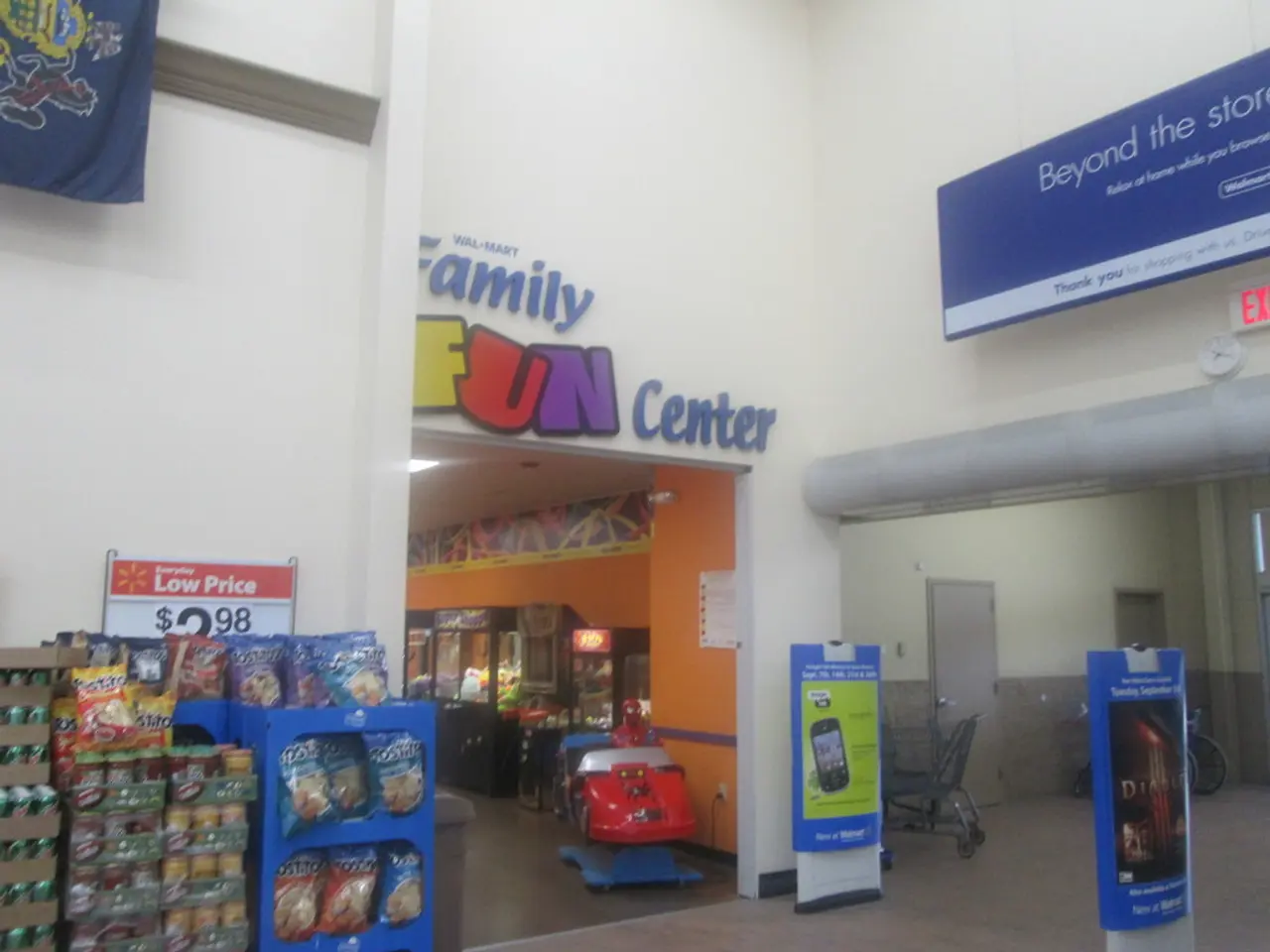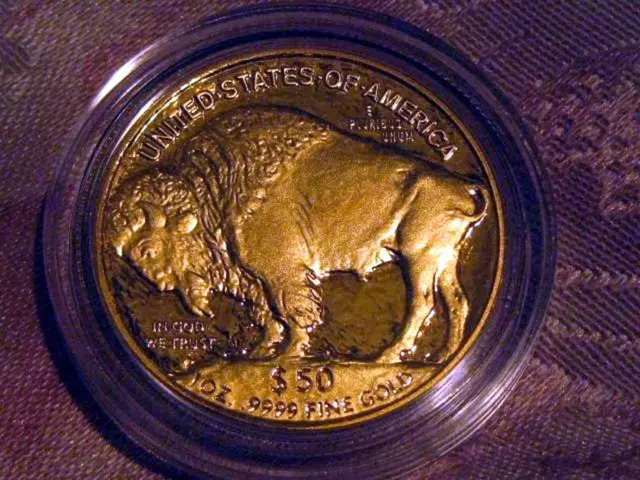Customs officers in France remain clueless a week following the implementation of US tariffs, calling for clarifications
In a bid to avoid customs blockages and financial risks, French customs are working hand-in-hand with their American counterparts to precisely determine which specific products are subject to the new 15% tariff on EU goods sold in the US. This cooperation is necessary as while a general 15% tariff ceiling was agreed upon covering most EU exports, there remain uncertainties and negotiations on carve-outs and product-specific exceptions [1][2][5].
To help French companies navigate this complex trade environment, French customs are offering a service called "Personalized Diagnostics". This tailored assistance aims to help companies understand the new US tariff regime and related trade compliance requirements. It involves identifying which of their products are impacted, advising on regulatory and customs procedures, and potentially guiding them through adapting their export strategies to mitigate tariff costs and maintain market access in the US [2].
The Personalized Diagnostics service likely includes direct consultations, sector-specific analysis, and collaboration with customs officials to provide companies with customized, actionable information. It is particularly beneficial for smaller French companies exporting to the US, who may not have the resources to navigate the intricacies of the new tariff regime on their own [1].
It is worth noting that the 15% increase in tariffs applies overall, with exemptions for aeronautics and pharmaceutical products. French customs are proactive in informing companies about the new tariffs and the potential taxation of their products, emphasizing that any product with an 'Origin: European Union' status may be subject to the 15% tariff [2].
However, so far, no French products have been blocked by American customs. This close collaboration between French and American customs aims to ensure precise enforcement and avoid undue penalties or trade disputes. The discussions between the two parties are extensive, with the aim of clarifying affected goods and avoiding trade disruptions [1][2].
In conclusion, the close coordination between French and American customs and the Personalized Diagnostics service offered by French customs are crucial in helping French companies understand and navigate the new US tariff regime. This collaboration is essential in ensuring compliance, minimizing economic harm, and maintaining market access in the US.
- The ongoing collaboration between French and American customs is particularly important in the finance industry, as it aims to minimize economic harm and avoid undue penalties or trade disputes for businesses operating in the general-news sector.
- As part of the Personalized Diagnostics service, French customs are offering guidance to companies in various industries, helping them adapt their export strategies to mitigate tariff costs and maintain market access in the US business environment.
- The new 15% tariff on EU goods sold in the US, despite exemptions for aeronautics and pharmaceutical products, has created uncertainties and negotiations on carve-outs and product-specific exceptions, which are being addressed by the close cooperation between French and American customs.




